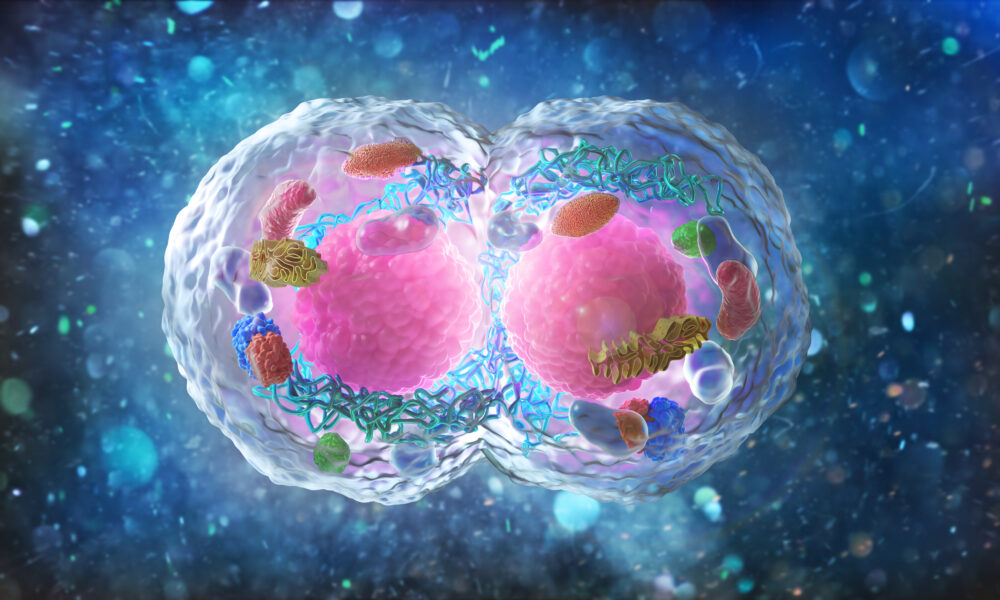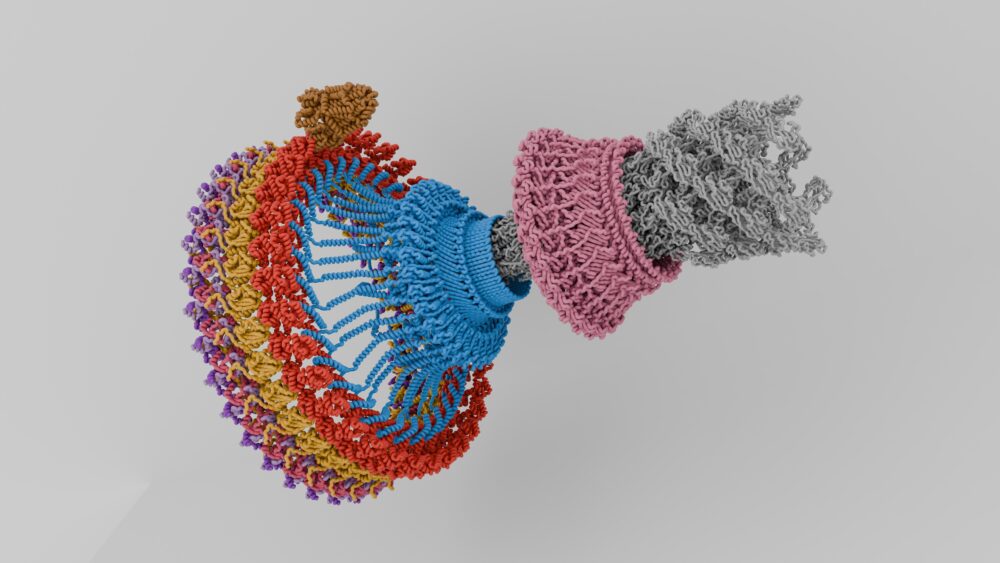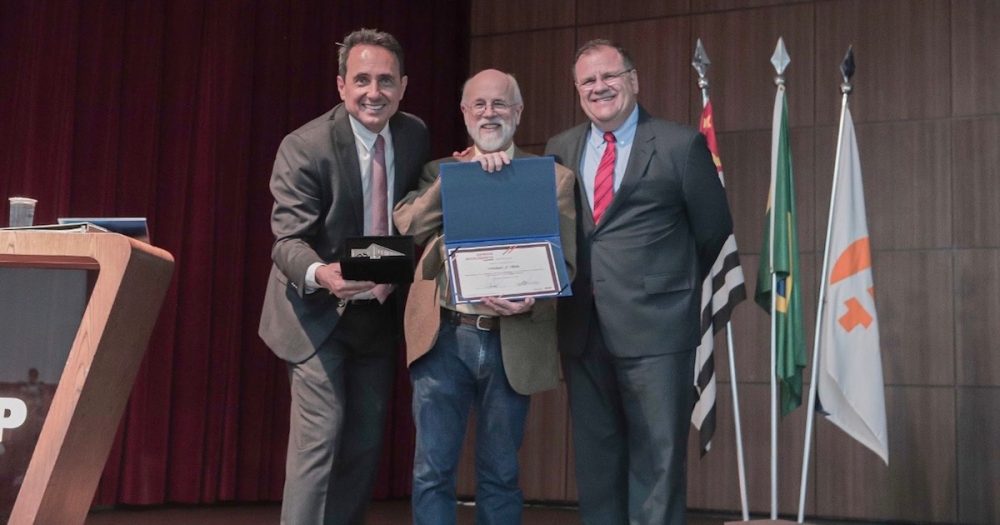


Irreducible Complexity: Michael Behe Breaks Down a Key ID Concept

The Bacterial Flagellum: A Marvel of Nanotechnology

Sex: A Masterpiece of Design

Michael Behe on the Design Idea That Won’t Go Away (and Shouldn’t)
On this episode of ID the Future, Jonathan Witt caught up with Darwin’s Black Box author and biochemist Michael Behe at the 2020 Dallas Science and Faith conference, where the two discuss an idea that many wish would just go away, but hasn’t. Charles Darwin himself told us how his evolutionary theory could be overturned: identify a biological system that couldn’t possibly have evolved by “numerous success successive slight modifications.” It’s to Darwin’s credit that he put his theory in “empirical harm’s way,” to quote philosopher Del Ratzsch, but as Witt and Behe note, Darwin also cleverly placed the burden of proof on his opponents, an arguably dubious maneuver given that his proposed evolutionary mechanism has never once been observed Read More ›

Michael Behe Opens a Black Box for Christmas
On this episode of ID the Future, Lehigh University biochemist Michael Behe discusses the closing sections of his new book Darwin Devolves: The New Science about DNA That Challenges Evolution. He compares evolutionary biology in Darwin’s time and today to the world of astronomy before and after the telescope was invented. The cell was a black box to Darwin and his contemporaries. Today we can explore that black box like never before, much better even than even two decades ago, allowing us to observe what evolution can actually do at the molecular level. According to Behe, the answer is, not much. Evolution can create niche advantages by breaking certain things, but it doesn’t build fundamentally new structures or new machines. Read More ›

Behe Barnstorms Brazil

Michael Behe on the Darwinist Math Mirage
On this episode of ID the Future, Andrew McDiarmid continues his series with Michael Behe about Behe’s new book Darwin Devolves: The New Science about DNA That Challenges Evolution. Here Behe explains the “Revenge of the Principle of Comparative Difficulty,” According to this principle, evolution it is much easier for evolution to create a new adaptive niche by damaging one or more genes than even the simplest new genes and irreducibly complex structures. Along the way, Behe also explores how biology got enamored of mathematical theory built on “hopeful ignorance” regarding the nature of genes.